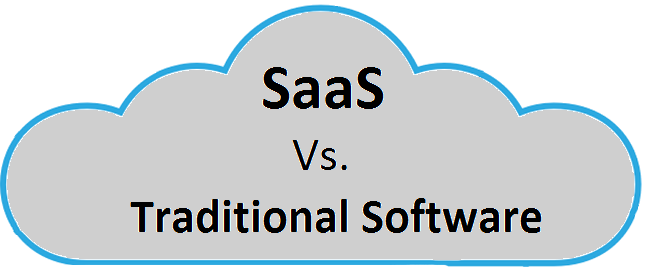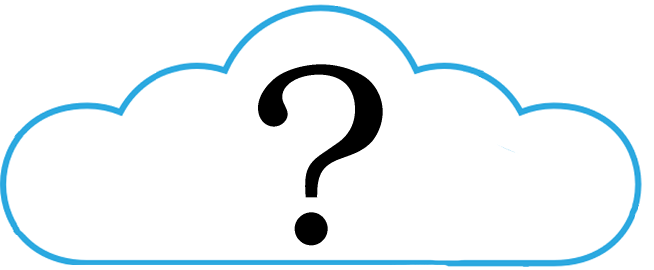In a recent article we discussed the American Bar Associations 2011 Legal Technology Survey Report. Within the report it was revealed that when considering SaaS one of the main concerns for lawyers was “not being familiar with the software as a service technology”. As a result this article will seek to review the basics of SaaS and compare it to traditional software.
In order to discuss SaaS we will first review previous articles written on the subject.
1. It is important to note that the area of cloud computing can be divided into 3 areas. Product as a service (PaaS), infrastructure as a service (IaaS) and software as a service (SaaS). Visit our article entitled “Is Cloud Computing Right for you” to read about these different approaches. Alternatively, visit our “3 Approaches to Cloud Computing” video which gives a brief synopsis of the three approaches – in only 39 seconds.
2. In our article entitled “What is SaaS” we discussed the basics of software as a service technology including defining SaaS and examining how SaaS will affect the legal sector.
In order to further examine SaaS, we should consider the difference between SaaS and traditional software. In short, one of the key differences is SaaS is accessed over the internet rather than relying on traditional desktop software or traditional servers. NexFirm have created a point by point comparison which clearly displays some of the differences.
Source: NexFirm




